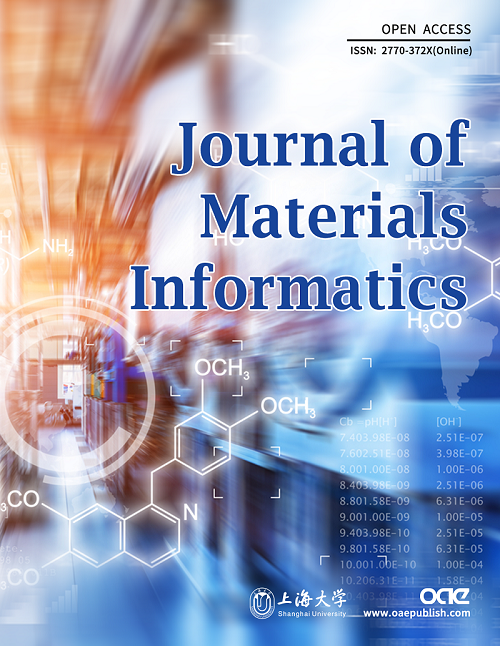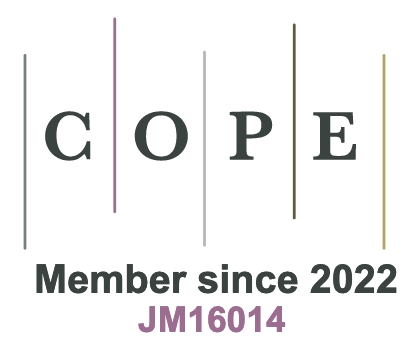Guest Editors
Prof. Lijun Zhang
State Key Laboratory of Powder Metallurgy, Central South University, Changsha, Hunan, China.
Prof. Yu Zhong
Mechanical and Materials Engineering Department, Worcester Polytechnic Institute, Worcester, MA, United States.
Prof. William Yi Wang
State Key Laboratory of Solidification Processing, Northwestern Polytechnical University, Xi'an, Shaanxi, China.
Dr. Soumya Sridar
Department of Mechanical Engineering and Materials Science, University of Pittsburgh, Pittsburgh, PA, United States.
Special Topic Introduction
One of the ultimate goals in materials science is to realize accurate and efficient materials design. Unfortunately, the traditional trial-and-error method is not only time-consuming and labor-intensive, but also cannot lead to the optimal results in most cases. However, with the rapid development of computing science/techniques, especially with the boost of ICME (Integrated Computational Materials Engineering) and MGE (Materials Genome Engineering) in recent years, accurate and efficient material design aided by computation has become the truth.As an essential basis for ICME and MGE, computational thermodynamics, computational dynamics, and machine learning play critical roles in the design of advanced materials for the industry. In recent years, more and more successful examples of materials design have been driven by computational thermodynamics, computational dynamics, machine learning, or their combinations. Thus, the current Focus issue is primarily designed as a platform for disseminating work relating to computational thermodynamics, computational dynamics, machine learning techniques and their applications. Furthermore, the issue aims to bring together leading experts to present the progress of what we have achieved and the future we are expecting in a diverse range of relevant fields.Scope of the Focus IssueIt is our pleasure to invite professionals from academic institutions, research centers, and industries worldwide to submit their contributions to this Focus Issue. The main topics covered by this Focus Issue are scientific contributions on the following topics below:1) Computational thermodynamics in advanced materialsA. Atomistic simulations, e.g., first-principles calculations, molecular dynamics, etc.B. CALPHAD approach and related databases for advanced materialsC. New method/software with computational thermodynamicsD. Insights into thermodynamics phenomena in advanced materials aided by computations2) Computational kinetics in advanced materialsA. Atomistic simulations, e.g., first-principles calculations, molecular dynamics, etc.B. Mesoscale modeling, e.g., mean-field modeling, phase-field modeling, etc.C. New method, algorithm, and/or software with computational thermodynamicsD. Insights into any kinetic phenomena in advanced materials aided by computations3) Machine learning in advanced materialsA. Advanced algorithms, e.g., neural network, random forest, support vector machine, deep learning, etc.B. Data mining, and specific applications in advanced materials, e.g., properties prediction, phase selection, microstructure recognition, etc.C. New algorithms, methods, software and/or applications with machine learning4) State-of-the-art materials design driven by computational thermodynamics, computational kinetics, machine learning and/or their combinations5) Advances in MGE, ICME, and ICMD techniques and their applications in advanced materialsThe above list is not exhaustive, and papers on topics related to computational thermodynamics, computational kinetics, and/or machine learning in advanced materials are encouraged for submission. The related materials systems can range from structural materials to functional materials, from traditional materials to novel materials (e.g., high-entropy materials), and from alloys to ceramics. We anticipate the breadth and diversity of this Focus Issue will provide a snapshot of the exciting research on computational thermodynamics, computational kinetics and/or machine learning in advanced materials currently happening all over the globe.Both RESEARCH and REVIEW articles are welcome.
Submission Deadline
30 Apr 2023
Submission Information










